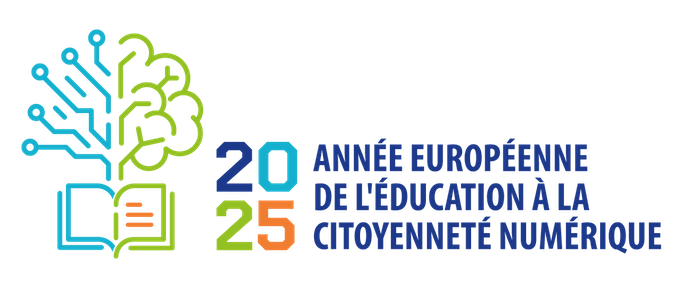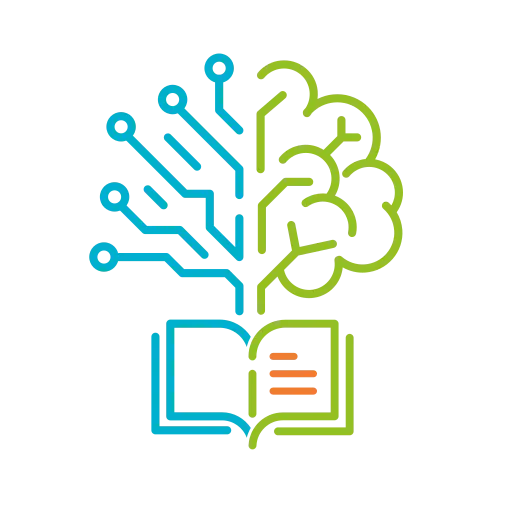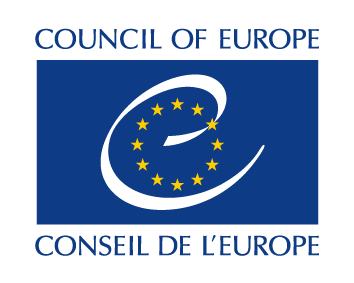- Programme of the Government of the Republic of Armenia 2021-2026: in section 4.3 on education, the programme aims to introduce new textbooks and educational materials and enhance media literacy. In section 4.7 on Youth, the programme aims to encourage critical thinking among youth and develop their command information technology and computer literacy. In section 2.3 on high technologies, the programme aims to aims to introduce a system of management and development of information and cybersecurity and increase literacy.
- 2022 Law on Approving the State Program for the Development of Education of the Republic of Armenia until 2030 aims for qualitative improvement of electronic educational materials, resources and educational literature.
- In 2021, the Minister of Education, Science, Culture and Sports adopted new state standards for general education, which define 8 competencies, the 5th of which is digital and media competency, which defines that learners master the rules and skills of media literacy: understand the work and role of the media in a democratic society, are able to navigate information flows, find and disseminate information, critically analyse them, assess the impact of the media on their own and others’ value perceptions, positions and actions. Along with the opportunities for using digital media, they are also aware of the risks associated with them, are able to assess and transform their behaviour in the digital world from the point of view of security, responsibility and ethics. They possess the technical and creative skills to create media products, and are also able to effectively use media tools for the purpose of exercising civil rights and participating in democratic processes.
Country profile list

Armenia
- Programme of the Government of the Republic of Armenia 2021-2026: no information found.
- 2022 Law on Approving the State Program for the Development of Education of the Republic of Armenia: no information found.
- “National Centre for Educational Technologies” is a state non-trade organisation established by the government in 2004 to ensure digital equipment and training in schools, ensure teachers’ computer literacy and rate the education programmes and institutions.
- Safe Internet Armenia provides trainings, campaigns (including the Safe Internet day) and various resources including the CoE handbook on internet literacy and human right guide for internet users.
- The National Centre for Education Development and Innovation Foundation (KZNAK) has initiated, starting in January 2025, to hold information seminars for all general education institutions of the Republic of Armenia and members of organisations interested in education development to raise awareness about DCE, as well as to organise a number of events.
Sources
- https://ktak.am/index.php/en/about/view/1
- https://www.saferinternetday.org/in-your-country/armenia
- https://safe.am/ar/about.html
- Online survey with national authorities
- Programme of the Government of the Republic of Armenia 2021-2026: no information found
- 2022 Law on Approving the State Program for the Development of Education of the Republic of Armenia: The state administration of education will ensure the participatory and transparent process of monitoring the action plan arising from the law « On approving the state plan for the development of education of the Republic of Armenia until 2030 », and will inform the public about the progress of the implementation of this plan.
- The Center for Media Initiatives and the National Center for Educational Development and Innovation Foundation (KZNAK) conducted a study to determine the level of media literacy in general education. The results of the study are being summarised and will be published in January 2025.
Sources
- https://www.arlis.am/DocumentView.aspx?DocID=171800
- Online survey with national authorities
- The Programme of the Government of the Republic of Armenia is based on the election programme of the « Civil Contract » political party in the early parliamentary elections of 20 June 2021, the commitments assumed before citizens of the Republic of Armenia during the election campaign, the pledges made to them before the elections and the strategy on the transformation of Armenia until the year 2050.
- The adoption of the 2022 Law on Approving the State Program for the Development of Education of the Republic of Armenia was preceded by ‘wide consultations’.
- According to the online survey with national authorities, the Ministry of Education, Science, Culture and Sports, the Information Department of the Prime Minister’s Office, and various non-governmental organisations participated in the development of the document.
Sources
- Programme of the Government of the Republic of Armenia 2021-2026: no information found
- 2022 Law on Approving the State Program for the Development of Education of the Republic of Armenia: no information found
- With the consent of the Ministry of Education, Science and Technology, the KZNAK Foundation voluntarily initiated and engaged in the development of DCE in Armenia.
Sources
- Online survey with national authorities
- Programme of the Government of the Republic of Armenia 2021-2026: no information found
- 2022 Law on Approving the State Program for the Development of Education of the Republic of Armenia: The state administration of education will ensure the participatory and transparent process of monitoring the action plan arising from the law « On approving the state plan for the development of education of the Republic of Armenia until 2030 », and will inform the public about the progress of the implementation of this plan.
Sources
- Safer Internet Armenia and the Safer Internet Day operate under the guidance of a consortium of partners led by the Armenian Safer Internet Committee and the STEM Society. It receives support from organisations such as the STEM Society, the NCEDI Foundation (National Centre for Education Development and Innovation), the « Internet Society » NGO, the NCET (National Centre of Educational Technologies), the RA Ministry of Education, Science, Culture, and Sports, as well as the Yerevan City Municipality, regional and municipal authorities, and various ICT companies.
- “National Centre for Educational Technologies” is a state non-trade organisation established by the government in 2004 to ensure digital equipment and training in schools, ensure teachers’ computer literacy and rate the education programmes and institutions
- Since 1996, American Councils Armenia has been implementing programmes to provide students and educators with opportunities to learn, study and research. Each year it is conducting Digital Citizen Ambassador Training (DCAT): A Media Literacy Project, which helps Armenian aged 16-30 develop a deeper understanding of how to use technology in an empathetic, socially responsible, and positive fashion.
Sources
- Since 2022, the KZNAK Foundation has been providing free training on the Democratic Culture Competencies that form the basis for DCE for heads, teachers, and class leaders of general education institutions in the Republic of Armenia, maintaining the principles of the RFCDC.
- The curriculum of the American Councils Armenia DCAT is designed around Mike Ribble’s S3 Framework, which focuses on the themes of Safety, Savvy, Social.
Sources
- Online survey with national authorities
- https://armenia.americancouncils.org/media-literacy-en
- Not part of the DCE Promoters network
- The Government of Armenia, through the Ministry of Education, Science and Technology, is cooperating with the Council of Europe, participating in the preparatory work for the European Year of Digital Citizenship Education 2025, and in remote meetings, in order to prepare for 2025 as properly as possible.
Sources
- Online survey with national authorities
Training on DCE to teachers and other professionals:
According to the national authorities responding to the online survey, all general education schools in the Republic of Armenia already teach the subject “Digital Literacy and Computer Science”, which is considered a mandatory subject and is taught in grades 2-12. In addition, the RA Ministry of Education, Science and Technology, through the Center for Educational and Scientific Research (KZNAKI), has implemented “Media Literacy”, “CDC”, “Gender Discrimination” and other free courses within the framework of DCE, on the basis of which self-paced modules of the same name have been created. The “Parenting” manual, created for teachers teaching in general education schools in the Republic of Armenia, includes the article “Digital Parent”, translated and developed in Armenian.
Translation and dissemination of DCE Recommendation:
According to the national authorities responding to the online survey, through the efforts of the KZNAK Foundation, both translation work and the promotion of DCE based on the received materials have already begun.
Nous contacter
Service de l’Éducation
Conseil de l’Europe
Agora Building
1, Quai Jacoutot
67075 Strasbourg Cedex
France


